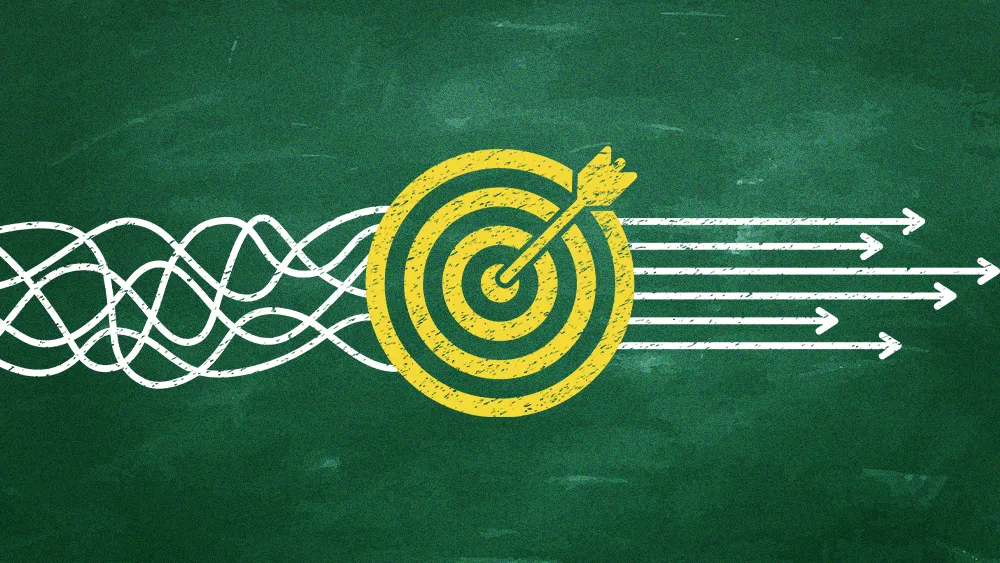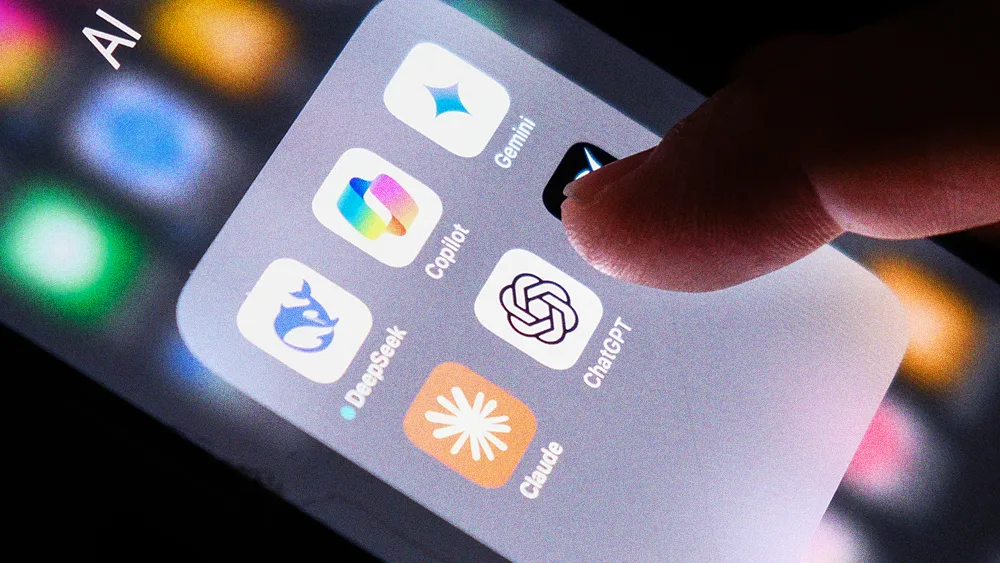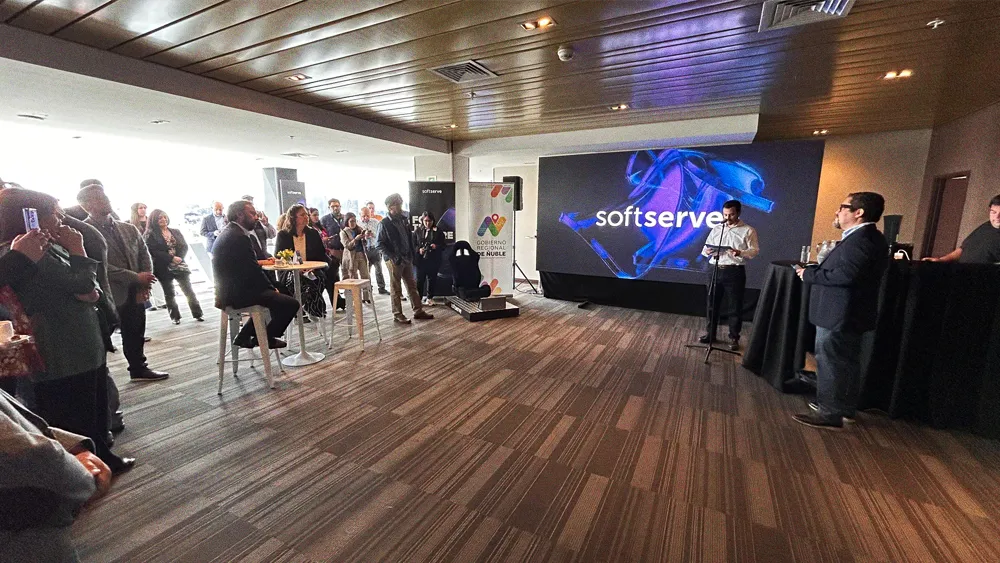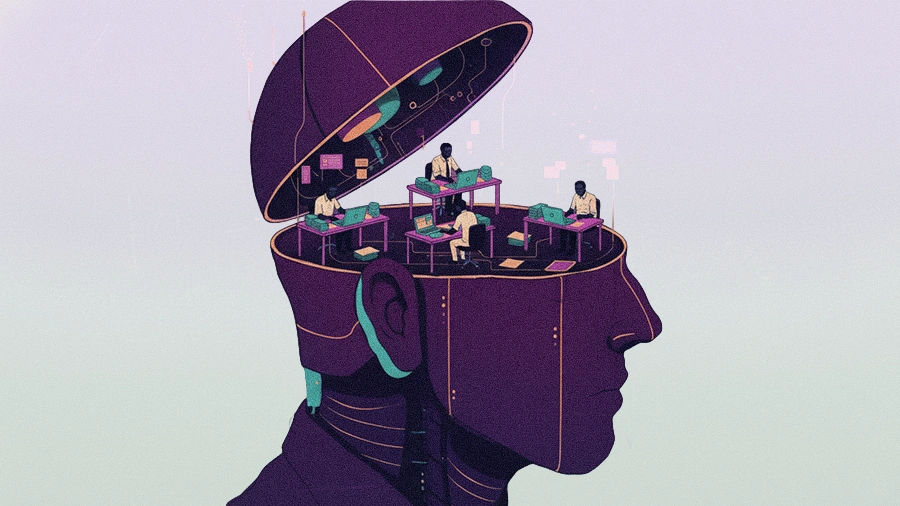The race to automate HR: Will empathy and intuition survive?
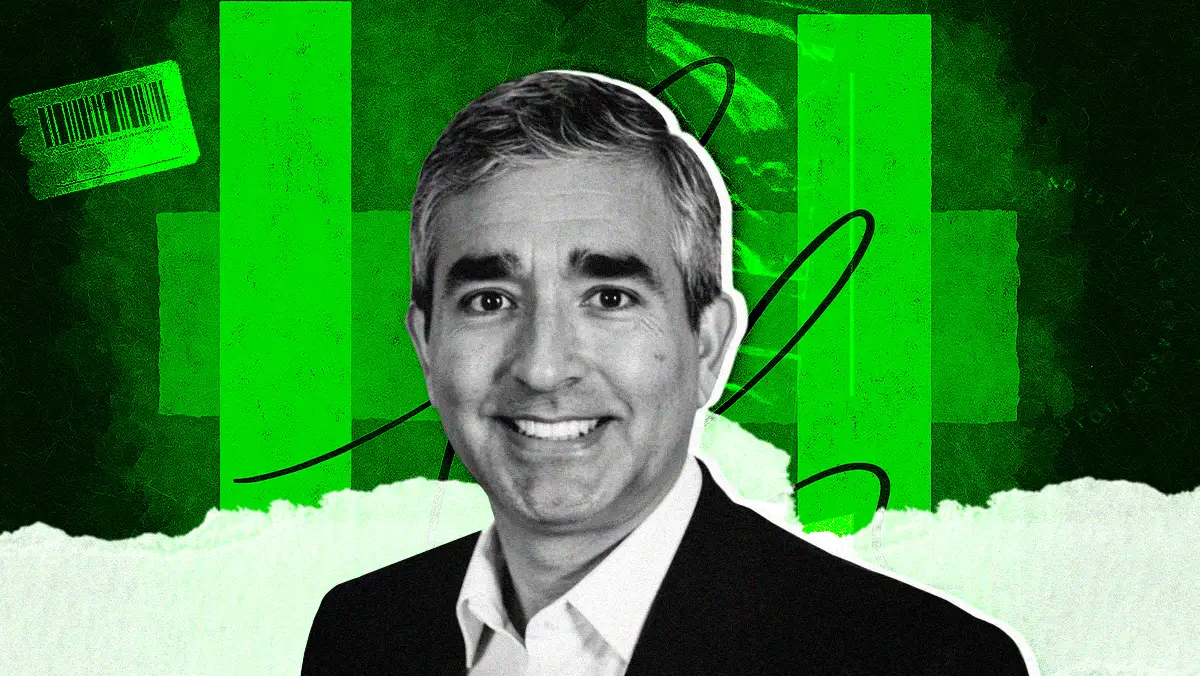
Key Points
The integration of AI in HR is reshaping the industry, necessitating a focus on human skills and upskilling workforce Global People Leader Lucho Vizcardo discusses how AI still misses the mark in key human-driven HR tasks such as hiring qualified candidates.
Emotional intelligence is a key area where AI falls short, unable to fully replace human interaction and insight.
Generative AI shifts the advantage to experienced professionals, reversing the trend of younger generations leading tech adoption.
The fact is that we all need to educate our HR population on these tools, train people, and try to get them up to speed. It's up to them if they want to change or not. But at least we're going to give them the tools to succeed. That's what we can do as HR leaders to help people.

Lucho Vizcardo
Global People Leader
Agile Transformation Expert
The race to automate HR is on, promising to wipe administrative drudgery from job descriptions. But as the busywork disappears, a much bigger question emerges: what happens to the irreplaceable human skills, like empathy and intuition, that are left? Leaders are quickly discovering that the answer isn’t just about efficiency—it will redefine the nature of work itself.
Lucho Vizcardo is a Global People Leader, speaker, and HR influencer who helps organizations use AI to sharpen their workforce strategy at the intersection of technology and talent.
Forced to change: Vizcardo frames AI’s arrival in HR and beyond not as a choice, but as an unavoidable force, comparing its impact to a recent global crisis. “I’m not going to say that it’s coming. It’s already here,” he says. “It’s like during COVID. We were all forced to change, we switched our stuff online, and we were able to survive and move on with technology. This technology is here to stay and to reshape the way we do things.”
While AI has swept through with tremendous speed across every industry, it doesn’t mean that all workforces are ready to accept inevitable change. According to Vizcardo, HR needs a look in the mirror and serious upskilling as a whole. “The fact is that we all need to educate our HR population on these tools, train people, and try to get them up to speed. It’s up to them if they want to change or not. But at least we’re going to give them the tools to succeed. That’s what we can do as HR leaders to help people.”
Hiding in plain sight: Without human judgment in human-centric HR, the risks are concrete. Vizcardo points to a well-known vulnerability in automated hiring: how Applicant Tracking Systems can screen out top-tier talent over something as simple as a poorly formatted resume. “We assume every great candidate is also an expert at preparing a resume, but that’s not true,” he says. “An AI tool will eliminate the possibility of me even reviewing that person’s file based on simple wording. That human ability to spot potential in an imperfect resume is something I don’t know how you educate an AI to do yet.”
The human firewall: The failure to see past keywords reveals AI’s core limitation and the one quality he deems irreplaceable: emotional intelligence. “It’s getting better and better, but I don’t believe it will ever replace a person 100%,” he states. “There’s always stuff that isn’t in writing yet, and I don’t think we’re quite there.”
The generational flip: In this new environment, Vizcardo contends that the traditional rules of tech adoption are being flipped upside down, giving an unexpected advantage to experience over youth. “In the past, new technology usually favored the younger generations,” he explains. “What I love about generative AI is that people with experience can challenge it and help it become better. My main fear is that younger generations might become complacent and just accept what the tool tells them to do.”
We assume every great candidate is also an expert at preparing a resume, but that’s not true. An AI tool will eliminate the possibility of me even reviewing that person’s file based on simple wording. That human ability to spot potential in an imperfect resume is something I don’t know how you educate an AI to do yet.

Lucho Vizcardo
Global People Leader
Agile Transformation Expert
We assume every great candidate is also an expert at preparing a resume, but that’s not true. An AI tool will eliminate the possibility of me even reviewing that person’s file based on simple wording. That human ability to spot potential in an imperfect resume is something I don’t know how you educate an AI to do yet.

Lucho Vizcardo
Global People Leader
Agile Transformation Expert
Related articles
TL;DR
The integration of AI in HR is reshaping the industry, necessitating a focus on human skills and upskilling workforce Global People Leader Lucho Vizcardo discusses how AI still misses the mark in key human-driven HR tasks such as hiring qualified candidates.
Emotional intelligence is a key area where AI falls short, unable to fully replace human interaction and insight.
Generative AI shifts the advantage to experienced professionals, reversing the trend of younger generations leading tech adoption.

Lucho Vizcardo
Agile Transformation Expert
Global People Leader

Global People Leader
The race to automate HR is on, promising to wipe administrative drudgery from job descriptions. But as the busywork disappears, a much bigger question emerges: what happens to the irreplaceable human skills, like empathy and intuition, that are left? Leaders are quickly discovering that the answer isn’t just about efficiency—it will redefine the nature of work itself.
Lucho Vizcardo is a Global People Leader, speaker, and HR influencer who helps organizations use AI to sharpen their workforce strategy at the intersection of technology and talent.
Forced to change: Vizcardo frames AI’s arrival in HR and beyond not as a choice, but as an unavoidable force, comparing its impact to a recent global crisis. “I’m not going to say that it’s coming. It’s already here,” he says. “It’s like during COVID. We were all forced to change, we switched our stuff online, and we were able to survive and move on with technology. This technology is here to stay and to reshape the way we do things.”
While AI has swept through with tremendous speed across every industry, it doesn’t mean that all workforces are ready to accept inevitable change. According to Vizcardo, HR needs a look in the mirror and serious upskilling as a whole. “The fact is that we all need to educate our HR population on these tools, train people, and try to get them up to speed. It’s up to them if they want to change or not. But at least we’re going to give them the tools to succeed. That’s what we can do as HR leaders to help people.”
Hiding in plain sight: Without human judgment in human-centric HR, the risks are concrete. Vizcardo points to a well-known vulnerability in automated hiring: how Applicant Tracking Systems can screen out top-tier talent over something as simple as a poorly formatted resume. “We assume every great candidate is also an expert at preparing a resume, but that’s not true,” he says. “An AI tool will eliminate the possibility of me even reviewing that person’s file based on simple wording. That human ability to spot potential in an imperfect resume is something I don’t know how you educate an AI to do yet.”

Lucho Vizcardo
Agile Transformation Expert
Global People Leader

Global People Leader
The human firewall: The failure to see past keywords reveals AI’s core limitation and the one quality he deems irreplaceable: emotional intelligence. “It’s getting better and better, but I don’t believe it will ever replace a person 100%,” he states. “There’s always stuff that isn’t in writing yet, and I don’t think we’re quite there.”
The generational flip: In this new environment, Vizcardo contends that the traditional rules of tech adoption are being flipped upside down, giving an unexpected advantage to experience over youth. “In the past, new technology usually favored the younger generations,” he explains. “What I love about generative AI is that people with experience can challenge it and help it become better. My main fear is that younger generations might become complacent and just accept what the tool tells them to do.”
